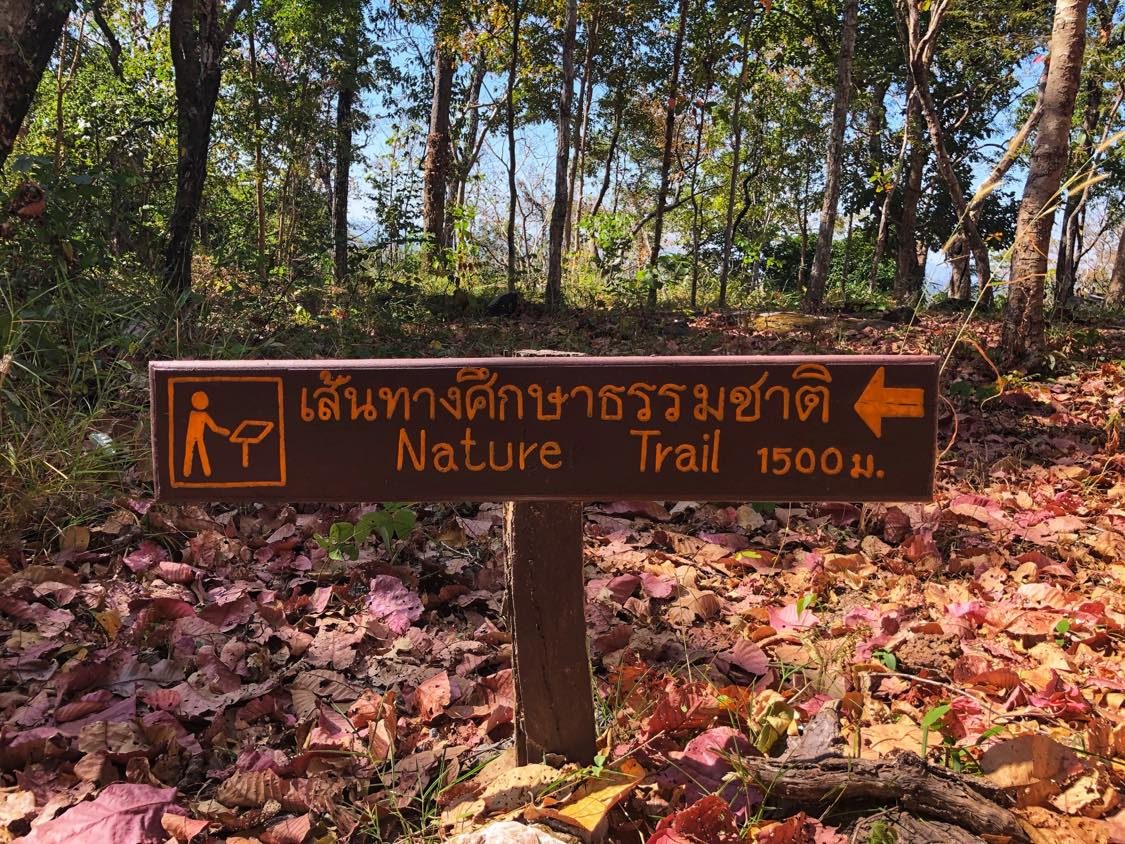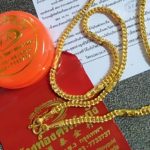Dual Pricing in Thailand

Expats who complain about dual pricing in Thailand usually enjoy complaining as a pastime. We have never understood the whinging about dual pricing in Thailand — dual pricing being the phenomenon where locals pay less than tourists do. It’s not like dual pricing doesn’t occur elsewhere around the world.
In Europe and the United States, you’ll find dual pricing at some national/state parks and attractions that are maintained with local taxpayer money (depending on the province or state in which you are traveling). It makes perfect sense that these taxpayers should pay a smaller entrance fee. Beyond that, the higher price that a tourist or expat must pay in Thailand is rarely that much and not worth quibbling about.
We have heard some expats complain that the Thai prices are in the Thai language, using Thai numbers, and that this is somehow being “sneaky” or “underhanded” because most foreigners can’t read Thai numbers. This complaint seems quite ridiculous, because the fact is you should be able to read Thai numbers, and read the Thai language if you choose to live or work in the Kingdom.
When it comes to the dual pricing that occurs in Thailand local markets, this is usually due to the fact that the foreigner knows nothing about haggling in Thailand and/or cannot haggle in the Thai language. To solve that problem learn some more Thai language and read our post on: Haggling in Thailand.
Now, we do understand how some poorly paid expat teachers in Thailand (who are paying taxes) could feel aggrieved paying the higher tourist price for entrance fees to local parks and attractions. But over the course of the past 20+ years, in nearly all cases, we have been able to pay the local price by simply showing our tax ID card while politely repeating the following Thai sentences (with a smile):
ขอโทษครับ ผมเป็นอาจารย์ในประเทศไทย จ่ายสี่สิบบาทได้ไม่
Khăw thôt khráp. Phŏm bpen ah-jahn nai bprà-thâyt thai. Jài sèe-sìp bàht dâi mâi khráp?
Beg pardon (polite). I be teacher in Thailand. Pay forty* baht can (question) (polite).
Excuse me. I’m a teacher in Thailand. Can I pay forty* baht?
This method may not always work, especially if you try asking for the local price in English (or mangled Thai) while showing your tax ID, or while exhibiting a haughty attitude while not smiling. But if done so with a smile, a respectful wai, and positive attitude, it often works like a charm (especially when upcountry).
Thai Language Tip: Note that we are simply using forty* baht as an example for this Thai lesson. You will want to replace this amount with the price that you see on the sign outside of the local park or attraction in Thailand. The word ah-jahn (อาจารย์), which we are using in today’s lesson to mean “teacher” refers to a Thai university teacher or a senior level teacher in a primary or secondary school. The word for other types of schoolteachers in Thailand is khroo (ครู).
- Affirmations in Buddhism & Thailand - June 7, 2025
- Speak Thai Naturally Without the Gymnastics - April 20, 2025
- The Best Learn Thai Podcast and YouTube Channel - April 10, 2025




